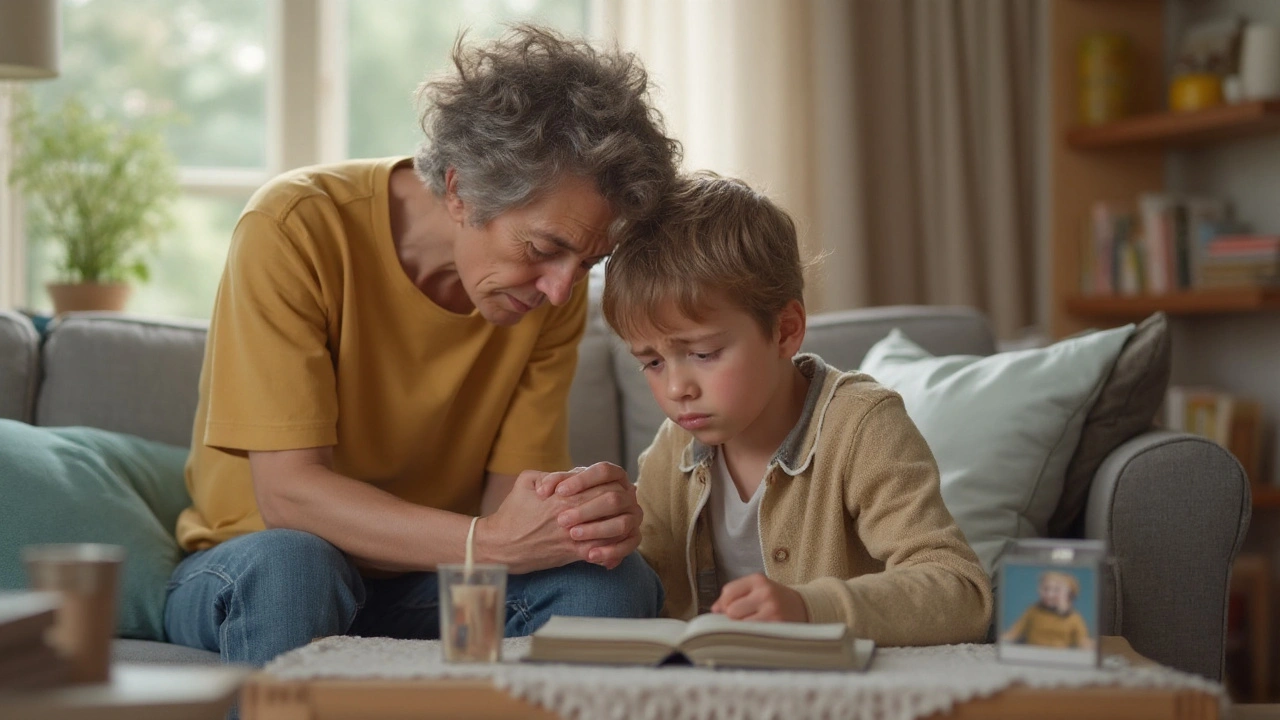OCD Caregiver Guide: Practical Tips & Support Resources
If you live or work with someone who has obsessive‑compulsive disorder (OCD), you know the daily routine can feel like a maze. One minute you’re helping them complete a ritual, the next you’re wondering how to protect your own sanity. This guide gives you straight‑forward tools you can start using today, plus ideas for getting the help you both need.
Everyday Strategies That Actually Work
First off, keep the focus on small, manageable steps. Instead of trying to stop a compulsive behavior cold, suggest a tiny change: if the person washes hands ten times, ask them to add one more minute of neutral activity afterward, like squeezing a stress ball. This shift builds tolerance without blowing up the routine.
Use clear, calm language. When you’re explaining a new rule, say, “We’ll try sitting for two minutes before the bathroom,” rather than “Don’t do it so much.” The brain reacts better to what you’re adding, not what you’re taking away.
Set consistent boundaries. If a ritual interferes with meals, kindly say, “We’ll eat in ten minutes, then we can talk about the next step.” Consistency reduces the anxiety that fuels compulsions.
Take Care of Yourself, Too
It’s easy to forget that caregivers burn out fast. Schedule a fifteen‑minute break each day to do something you enjoy—read a comic, stretch, or just stare out the window. Write down one thing that went well; it keeps your mind from spiraling into the same obsessive patterns.
Join a support group. Online forums for OCD caregivers let you vent, ask questions, and hear how others handle tricky moments. Hearing a story that matches yours can give you a new tactic you hadn’t considered.
If you notice your own anxiety rising, try a quick grounding exercise: name five things you can see, four you can touch, three you can hear, two you can smell, and one you can taste. It pulls you out of the panic loop and resets your focus.
Where to Find Professional Help
Therapists trained in Exposure and Response Prevention (ERP) can guide both the person with OCD and you as a caregiver. Many clinics now offer tele‑health sessions, so you don’t need to travel far.
Look for local mental‑health nonprofits that provide free educational webinars. They often share printable cheat‑sheets that explain common OCD triggers and how to respond without reinforcing the behavior.
Medication isn’t a “cure,” but selective serotonin reuptake inhibitors (SSRIs) can reduce the intensity of obsessions. Talk to a psychiatrist about whether a prescription might help smooth the daily grind.
Finally, keep a simple log. Write down the time, the trigger, the response, and what worked. Over weeks you’ll spot patterns and know which strategies are worth repeating.
Living with OCD is a team effort. By using these practical tips, staying kind to yourself, and tapping into professional resources, you’ll build a more stable environment for both of you. Remember: progress isn’t about perfection; it’s about steady, small wins that add up over time.
Supporting a Loved One with OCD: Practical Tips for Family and Friends
Learn effective, compassionate ways to help a loved one with OCD. Get actionable tips, know common pitfalls, and discover resources for families and friends.
About
Health and Wellness
Latest Posts


How Ibandronate Sodium Can Help Improve Quality of Life for Osteoporosis Patients
By Orion Kingsworth Apr 30, 2023

VA Generic Coverage: How Veterans Affairs Formularies Control Prescription Costs and Access
By Orion Kingsworth Jan 14, 2026

Monoclonal Antibody Biosimilars: Examples and Clinical Uses
By Orion Kingsworth Jan 31, 2026

